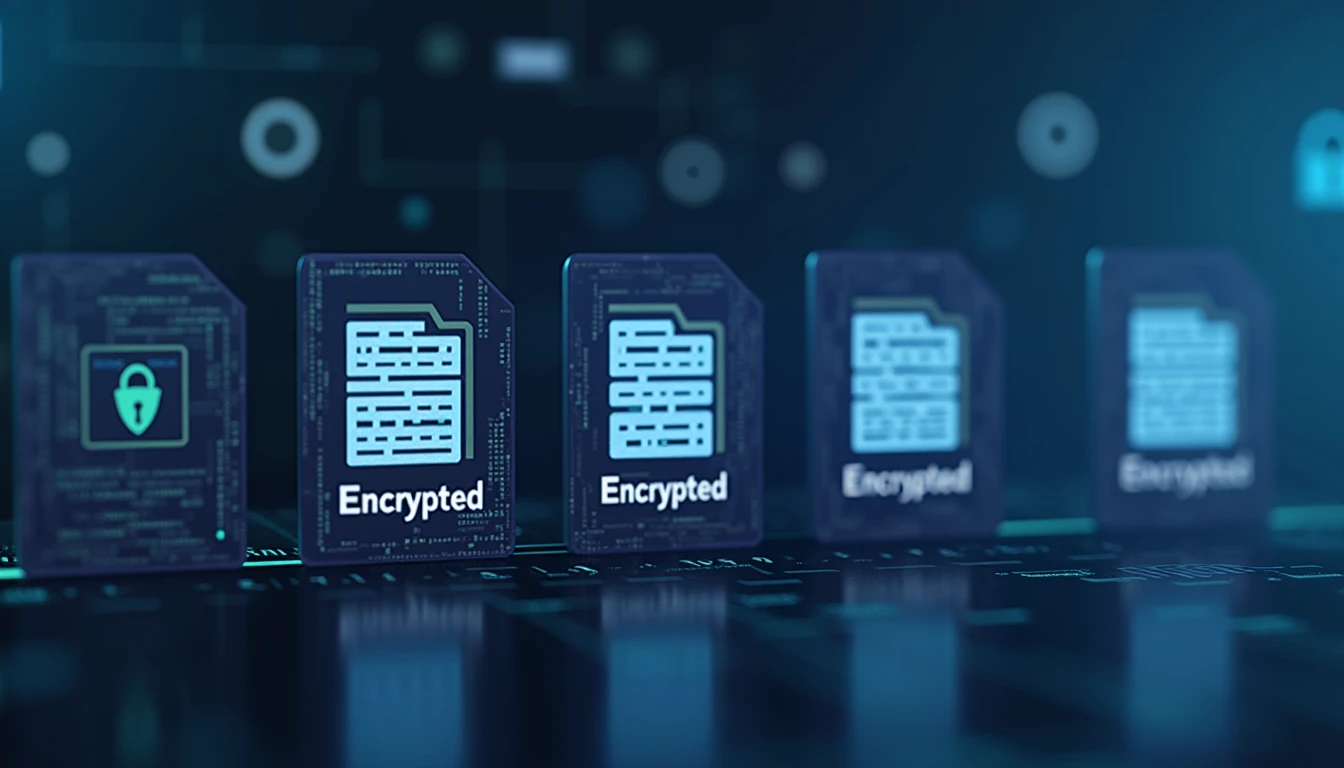Techniques Employed by Law Enforcement
Law enforcement agencies employ a variety of tracking techniques to monitor suspects and ensure public safety. These include:
- GPS Monitoring: Officers can attach GPS devices to vehicles or personal items, providing real-time location data.
- Cell Tower Analysis: By analyzing cell phone signals, police can pinpoint an individual’s location based on their connection to nearby cell towers.

Legal Framework and Authorization
The use of tracking technology is governed by legal frameworks designed to balance security needs with individual rights. Typically, law enforcement must obtain a court-ordered warrant before implementing tracking activities. However, exceptions exist in emergencies, such as when a child is reported missing.
Advanced Tracking Technologies
Beyond traditional methods like GPS and cell tower analysis, modern tracking technologies include:
- IP Address Monitoring: Law enforcement can track internet usage patterns to identify suspects based on unique IP addresses.
- Social Media Surveillance: Analyzing social media activity can provide insights into suspects’ movements and potential criminal activities.
Real-World Applications
Tracking has proven crucial in solving high-stakes crimes. For instance:
- Child Abduction Cases: Police have successfully located abducted children by tracing their cell phones or vehicles equipped with GPS trackers.
- Terrorism Investigations: Monitoring suspects’ movements via electronic surveillance has led to the prevention of numerous terrorist attacks.
Ethical Considerations and Privacy Concerns
Despite its benefits, tracking raises ethical questions about privacy. The potential for misuse or unauthorized access necessitates stringent regulations to prevent violations of personal freedoms. It is crucial to strike a balance between safeguarding public security and respecting individual rights.
Law enforcement’s use of tracking technology is a double-edged sword. While it enhances crime-solving capabilities, it also poses risks to privacy and civil liberties. Striking the right balance between safeguarding the public and respecting individual rights remains a critical challenge in this evolving landscape.








